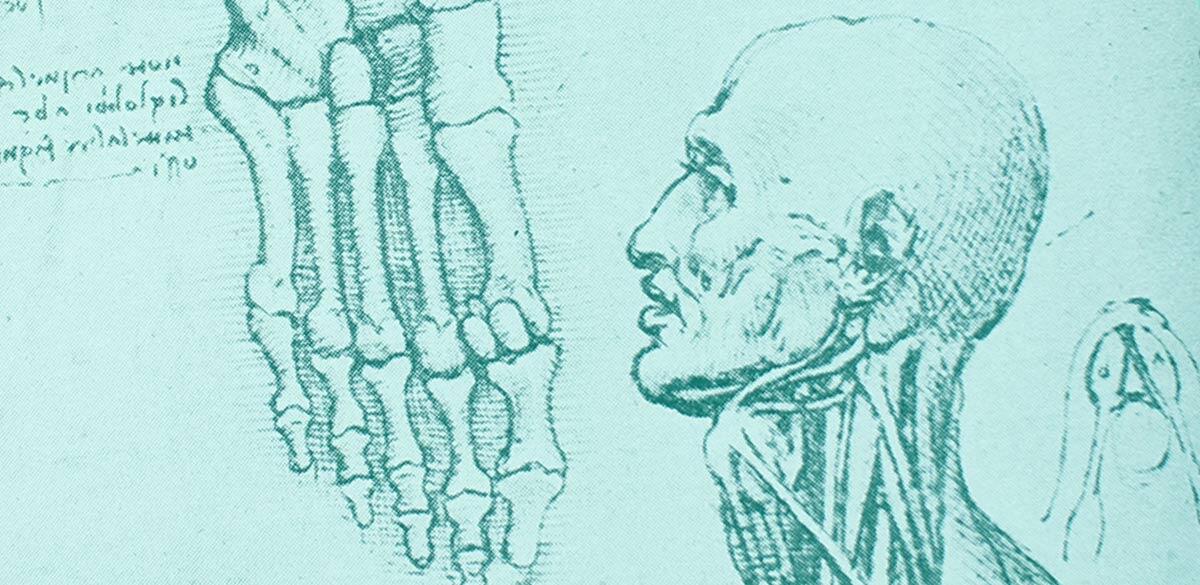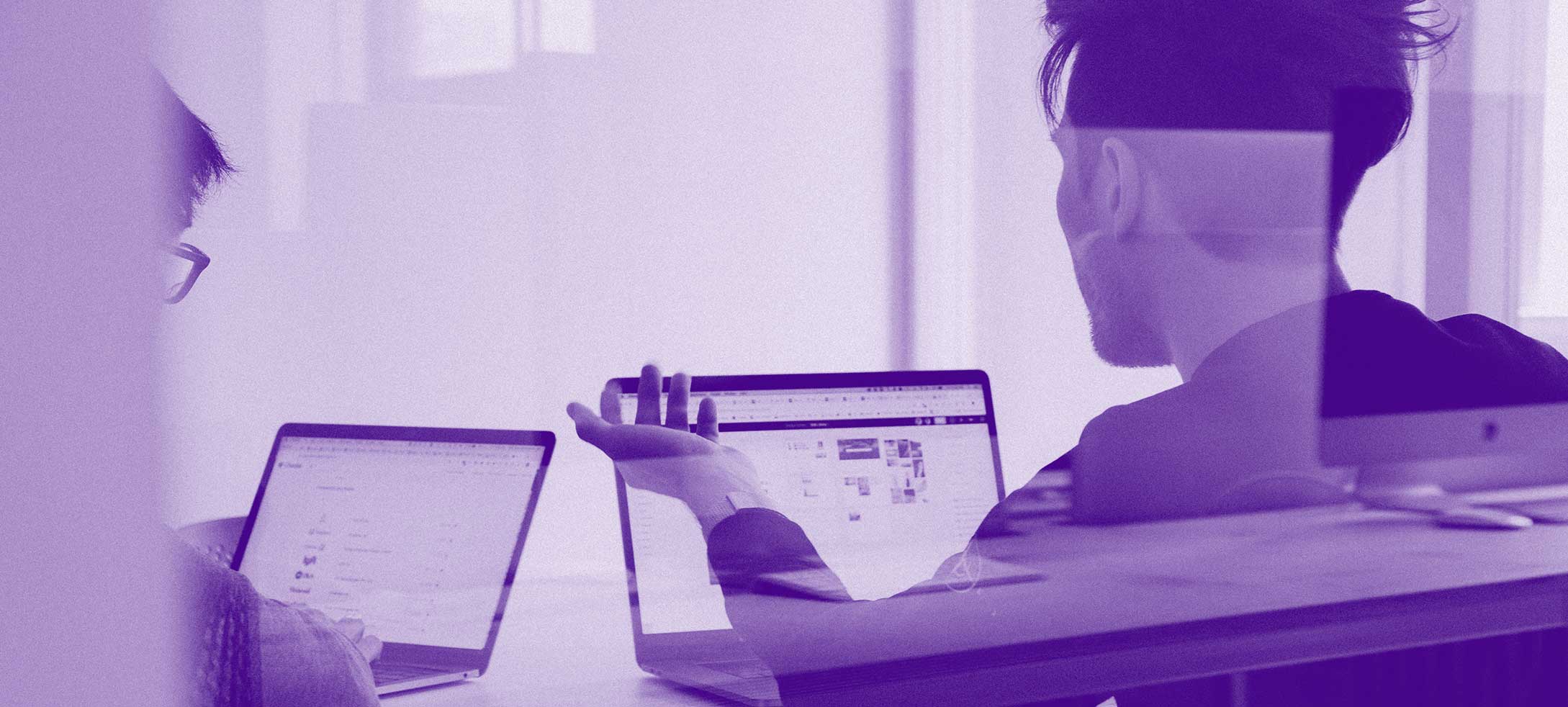
Healthcare app development is changing how technology improves health outcomes and user engagement. Virtual care platforms are connecting patients with providers, gamified wellness apps help motivate people to reach their fitness goals, and blockchain is keeping all their data more secure.
Still, many tools fall short of user expectations for ease of use and impact. More than a third of patients believe that the clinicians treating them lack access to their relevant health data, GE Healthcare research found. In the same survey, 47% of clinicians said they didn’t find the medical technology they use easy and intuitive.
Developing software that addresses these issues takes more than technical skill—it requires foresight, scalability, and a focus on user needs. This guide walks through what you need to know to develop a healthcare app, from staying on top of trends, tackling common challenges in compliance and scalability, and choosing the right partners to build and maintain your tech.
6 Trends in Healthcare and Wellness App Development
The landscape of health and wellness apps is evolving rapidly, with developers leveraging new technologies to empower users and transform care delivery. Innovations like telemedicine, real-time monitoring, and gamification are pushing the boundaries of what these apps can achieve, helping users stay engaged while meeting the rising demand for accessible and personalized health solutions.
Telemedicine and Virtual Care
Telemedicine apps provide seamless access to professional care through video calling, secure messaging, and real-time data sharing. These apps eliminate logistical barriers like travel or scheduling difficulties, offering users a convenient way to connect with wellness coaches, mental health counselors, or healthcare providers. For healthcare organizations, telemedicine also enhances practice management by streamlining appointment scheduling, reducing backlogs, and ensuring timely follow-ups.
For wellness brands, telemedicine apps open new opportunities to engage users through virtual services such as guided meditation sessions, fitness consultations, or nutrition planning. These platforms increasingly integrate real-time data from wearable devices, creating a holistic approach where users and professionals can make informed decisions based on comprehensive insights.
Wearable Devices and Real-Time Monitoring
Wearable fitness and medical devices
have become essential to health and wellness app ecosystems. Smartwatches, fitness bands, and specialized health monitors track metrics like steps taken, calories burned, sleep patterns, heart rate, and stress levels. This data empowers users to take control of their goals, whether that means achieving peak fitness, managing stress, or monitoring chronic conditions.
The constant stream of data from wearable devices enables real-time interventions, personalized coaching, and predictive health insights. When paired with apps, this dynamic ecosystem fosters continuous engagement and provides users with actionable feedback, reinforcing long-term adherence to healthy habits.
Artificial Intelligence
Artificial intelligence (AI) is revolutionizing the functionality of healthcare and wellness apps by reducing the workload for health care providers while enhancing the quality of user experiences.
AI can suggest customized workout plans, guide mindfulness practices, or provide dietary recommendations tailored to individual preferences and goals. AI-powered apps can also analyze health data to predict risks, refine treatment protocols, or support early diagnosis.
Blockchain
Data security is a top priority for the healthcare industry. Blockchain technology can help ensure that patient records are securely stored while also making them easier to share through tamper-proof, decentralized files.
Mobile Health Applications
Healthcare mobile applications have taken center stage in patient engagement, offering user-friendly tools for fitness tracking, chronic condition management, and medication adherence. Many apps incorporate gamification elements, such as challenges and rewards, to keep users motivated.
Healthcare mobile apps must balance robust functionality with intuitive design, integrating features like video calling, seamless wearable device syncing, and interactive educational resources.
Gamification
Gamification is transforming wellness apps, making it easier for users to stay engaged and committed to their health goals. Features like challenges, rewards, and leaderboards create interactive environments that motivate users to achieve milestones, whether improving fitness, managing stress, or maintaining routines. By leveraging behavioral psychology, gamification builds habits, fosters consistency, and strengthens user loyalty.
Key Considerations for Developing a Successful Health Tech App
Developing a health or wellness app requires careful planning to balance compliance, security, usability, and scalability. By addressing these key areas, you can create a solution that meets industry standards, builds user trust, and supports long-term growth.
Compliance and Regulatory Requirements
Compliance is essential for both healthcare and wellness apps, ensuring data privacy, legal adherence, and user trust. Whether navigating HIPAA for patient data, GDPR for privacy regulations, or other standards, embedding compliance into every stage of development is critical.
For healthcare-focused apps, features like secure audit trails and consent management tools protect sensitive patient information. For wellness apps, compliance with privacy laws is equally important, particularly when handling personal metrics like heart rate, activity levels, or sleep data. Addressing these requirements from the outset ensures the app remains trustworthy and credible.
As regulations evolve, regular audits and updates are necessary to maintain compliance, particularly when scaling into new regions with different legal frameworks.
Data Security and Privacy
Cybersecurity is a cornerstone of health and wellness app development. Whether users are tracking their fitness progress, monitoring stress levels, or storing medical records, they expect their personal information to be protected.
Secure data encryption for storage and transmission is essential, along with multi-factor authentication and role-based access controls. Advanced privacy measures, such as data anonymization, help safeguard user identities while allowing meaningful insights.
For both healthcare and wellness apps, a clear and actionable data breach response plan is critical. Proactively addressing vulnerabilities and communicating transparently with users reinforces trust and positions your app as a reliable choice in a crowded app store market.
User Experience and Accessibility
User experience (UX) can make or break the success of a health or wellness app. An intuitive interface, personalized features, and thoughtful design are key to keeping users engaged, whether they’re fitness enthusiasts, mental health seekers, or healthcare professionals.
Simplifying workflows for healthcare providers reduces administrative burdens, while features like progress tracking, real-time feedback, and goal setting create engaging experiences for end users. Accessibility is equally important—features like adjustable font sizes, voice commands, and screen reader compatibility ensure inclusivity and align with WCAG standards.
Wellness apps can benefit from gamified features like streak tracking and community challenges, while healthcare provider apps should focus on streamlining navigation and enabling quick access to critical data.
Integration with EHR Systems and Other Systems
For medical mobile app development, seamless integration with electronic health records (EHR) systems is essential to delivering value. Interoperability enables real-time access to comprehensive patient data, empowering professionals to make informed decisions. Standards like HL7 and FHIR simplify this process, ensuring compatibility and secure data exchange.
Scalability and Performance
Scalability is a critical consideration for both health and wellness apps. As user bases grow and data volumes increase, apps must maintain reliability, speed, and usability under all conditions.
A cloud-based infrastructure provides the flexibility to handle traffic surges without compromising performance. Modular architecture supports iterative development, allowing for feature updates or expansions without disrupting existing functionality.
Offline functionality is vital for users in areas with limited connectivity, ensuring access to key features regardless of location. Performance testing under high loads and real-world conditions ensures the app can deliver a seamless experience as it scales.
Evaluating Staffing Models for Healthcare App Development
By understanding the strengths and challenges of different staffing models, you can select the approach that best fits your healthcare app development needs.
In-House Team Members
In-house developers provide deep integration with your organization’s goals, making this model ideal for ongoing projects like telemedicine platforms or EHR systems. With institutional knowledge and streamlined communication, full-time staff can adapt quickly to regulatory changes and ensure long-term consistency.
However, this approach involves taking on high costs for salaries, benefits, and training, and it lacks flexibility for scaling resources up or down as project needs change. Recruiting and onboarding full-time staff can also slow down timelines for fast-moving projects.
Freelance Developers
Freelancers offer a flexible, cost-effective option for short-term or specific tasks like designing interfaces, building analytics features, or integrating wearable devices. They’re a good fit for projects with tight deadlines or to fill temporary skill gaps in highly specialized tech like blockchain developers.
The downside is that freelancers often lack long-term continuity or a deep understanding of your organization’s goals. They may need more oversight to stay aligned with project requirements and are less suited for ongoing development or maintenance.
Healthcare App Development Companies
Healthcare app development companies provide complete teams to handle complex, high-stakes projects. Their structured process ensures quality and adherence to industry standards, and they’re more likely to have cybersecurity experts with healthcare experience on their teams than general software development agencies.
However, this option can be expensive, and aligning external processes with your organization’s needs may take time. While these companies offer expertise, they may not provide the cultural alignment or long-term commitment that other options offer.
Staff Augmentation
Staff augmentation integrates skilled developers into your workflows, acting as an extension of your team. This flexible model allows you to scale resources as needed, making it well-suited for evolving projects like telehealth platforms or scalable infrastructures. This can be particularly useful if you need to hire an AI developer for part of a project, for example.
Challenges with IT staff augmentation can include effectively integrating external talent into existing teams, maintaining seamless communication across time zones and cultures, and upholding consistent quality and security standards.
![updated-[XT] SEO Post-interior-7 Questions to Ask Your HealthTech App Developer](https://x-team.com/hs-fs/hubfs/updated-%5BXT%5D%20SEO%20Post-interior-7%20Questions%20to%20Ask%20Your%20HealthTech%20App%20Developer%20.png?width=667&height=349&name=updated-%5BXT%5D%20SEO%20Post-interior-7%20Questions%20to%20Ask%20Your%20HealthTech%20App%20Developer%20.png)
7 Questions to Ask Your Health Tech App Developer
When evaluating healthcare mobile app development companies for your health or wellness app, asking the right questions can help ensure they have the expertise, technical skills, and commitment to deliver a secure, user-friendly, and compliant application. Explore these key areas.
What’s Your Experience With Health Tech Apps?
Look for developers with a proven track record in healthech. Ask for examples of similar projects and how they’ve tackled challenges like compliance and system integration.
How Do You Handle Compliance and Ethics?
Compliance with regulations like HIPAA and GDPR is essential, but ethics in software development matters, too. Ask how they address privacy, reduce data collection, and ensure fairness and transparency in their development process.
How Do You Secure Sensitive Health Data?
Data protection is non-negotiable. Ensure they use encryption, access controls, and breach response protocols. Ask how they maintain privacy and handle user consent.
How Do You Integrate New Tools With Existing Tech?
Interoperability is key. Developers should be familiar with standards like HL7 and FHIR to connect seamlessly with EHRs and other systems. Smooth integration means better performance for your app.
How Will You Ensure Scalability and Accessibility?
Your app should handle growth and remain accessible to all users. Ask how they plan for scalability, offline functionality, and features that work for users with disabilities or limited internet access.
What’s Your Approach to UX/UI Design?
A great healthcare or wellness app must be easy to use and accessible. Ensure the developer prioritizes inclusive design, intuitive navigation, and user-friendly workflows, regardless of your target audience.
What Support Will You Provide After Launch?
Healthcare apps need regular updates to stay secure and compliant. Ask about their post-launch services, including maintenance, bug fixes, and adapting to new regulations or user needs.
Keep Moving Forward with X-Team’s Healthcare Mobile Application Development Solutions
Selecting the right healthcare app development service is crucial for creating innovative solutions. Whether you’re targeting a broad wellness audience or focusing on medical professionals, the right partner can help you navigate the complexities of the health tech industry.
When you work with X-Team, you gain access to highly skilled developers specializing in healthcare mobile app development and more. Our experts integrate seamlessly into your workflows, enabling you to focus on delivering exceptional patient experiences and meeting your organization’s goals.
Learn how X-Team can meet your on-demand healthcare engineering needs.
TABLE OF CONTENTS



